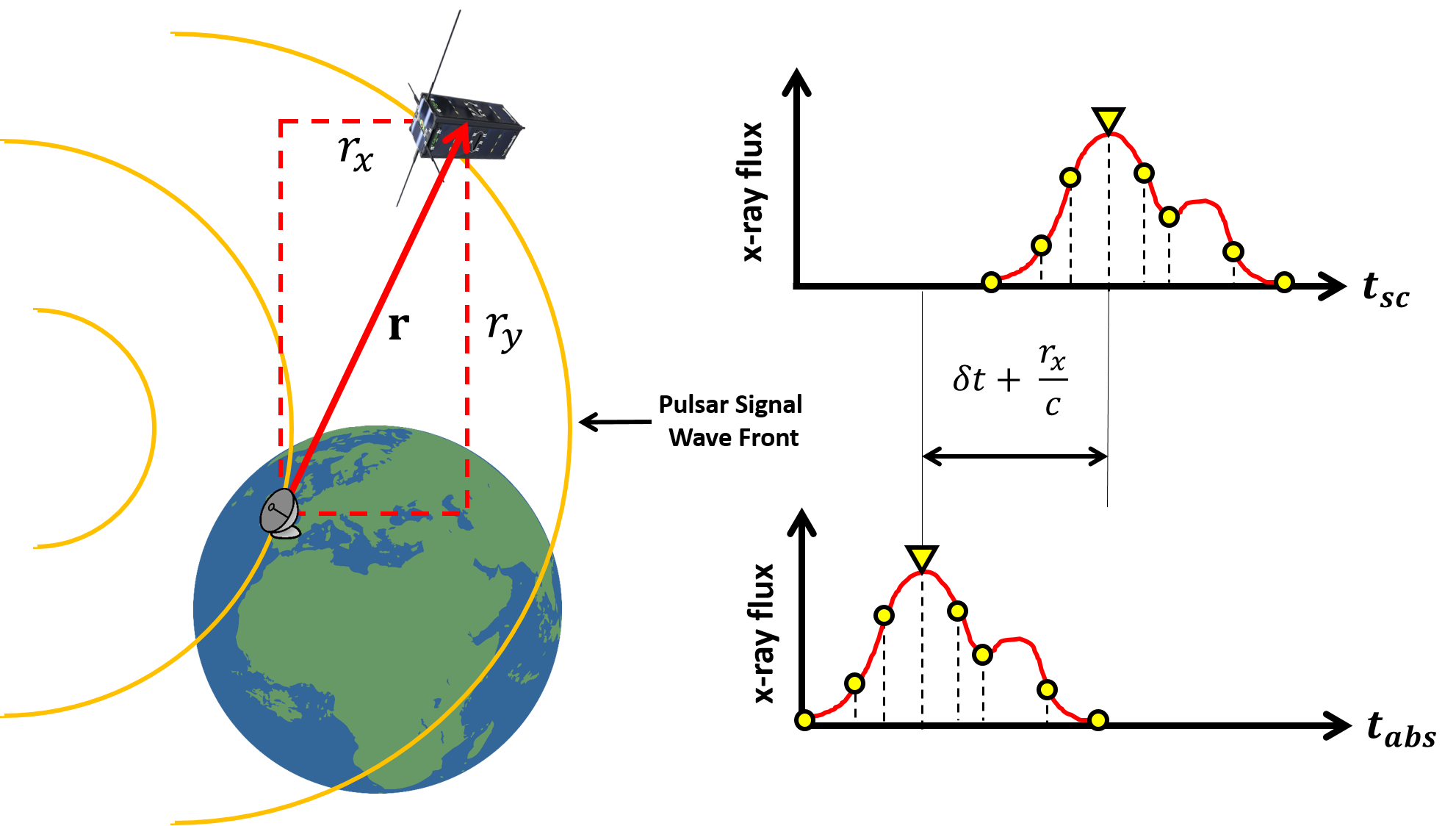Experiment for X-ray Navigation, Characterization and Timing (EXACT) is a 3U CubeSat mission whose primary goal is to increase the technology readiness level (TRL) of a sensor payload used for autonomous, GPS-denied ranging and clock synchronization. The motivation for the project is the well-known vulnerabilities of GPS to jamming and interference. The EXACT CubeSat will make opportunistic use of X-ray signals emitted by pulsars to determine its range relative to a prescribed navigation origin and synchronize its clocks relative to some master clock.

The payload that will allow to do this is the Cesium-Iodide Thallium Doped Incident Energy Spectrometer (CITIES). Designed and built at the University of Minnesota, it is a scintillation-based, X-ray spectrometer which uses Cesium-Iodide (CsI) crystals as its sensing element. Using scintillators instead of solid-state sensors obviates the need for tight temperature control of the sensor. This allows the CITIES hardware to have small size and power footprints (~0.5U and < 5 watts). Furthermore, unlike a traditional spectrometer, CITIES's readout electronics contain hardware and signal processing algorithms which allow accurate time-tagging of X-ray photon arrival times. Due to its simplicity and high timing precision, CITIES is a versatile instrument that can also be used for solar physics measurements.
EXACT’s secondary mission will be to leverage this versatility of CITIES and make solar activity measurements. In this role EXACT will serve as a pathfinder for a set of CubeSats that can provide continuous, long-term solar X-ray monitoring, and can, with serendipitous co-observations, perform groundbreaking new science in the study of solar flare-accelerated electrons, helping to understand the basic generation of the powerful solar sources of space weather.
Sponsor: Air Force Research Lab (AFRL)
